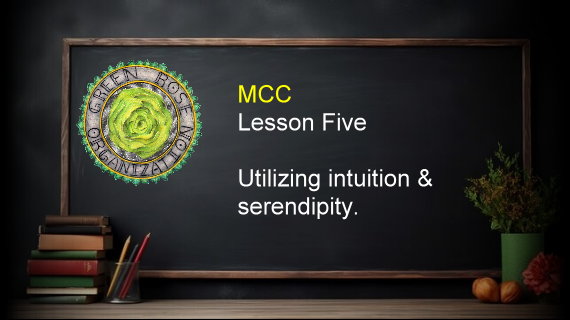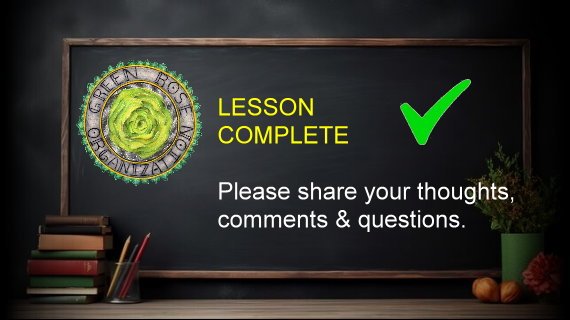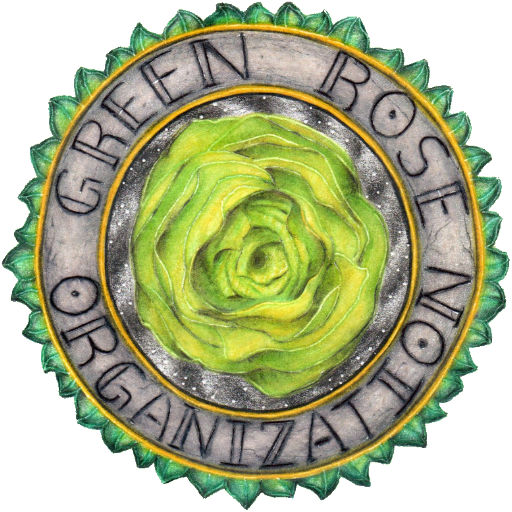
UTILIZING INTUITION & SERENDIPITY
WHAT IS INTUITION?
Intuition is the ability to understand or know something instinctively, without the need for conscious reasoning. It’s often described as a “gut feeling” or an inner sense that guides decision-making or perception. Intuition operates below the level of conscious thought, drawing upon unconscious patterns, experiences, and subtle cues that may not be immediately obvious. Psychologically, intuition arises from: 1. Pattern Recognition: The brain’s ability to quickly identify patterns based on accumulated knowledge or past experiences. 2. Unconscious Processing: Information is processed and connected in the background, surfacing as insights or feelings without explicit reasoning. 3. Emotional Signals: Intuition often manifests as emotions or bodily sensations, such as feeling uneasy or energized, which guide behavior. Though it can sometimes defy logic, intuition is a vital complement to analytical thinking, offering speed and depth in complex or uncertain situations.
WHAT IS SERENDIPITY?
Serendipity refers to the unexpected discovery of something valuable or meaningful, often when you’re not actively seeking it. It’s the phenomenon of encountering good fortune or meaningful coincidences through chance, but it’s often tied to being in a state of openness and awareness. For example, you might be exploring a new park and stumble upon an inspiring sculpture—or have a casual conversation with a stranger that sparks an idea for a project you’ve been pondering. These moments feel magical because they combine an element of chance with a deeper sense of significance. What makes serendipity especially fascinating is that while it seems random, it’s often shaped by your readiness to perceive opportunities. Being curious, adventurous, or open to new experiences increases your likelihood of finding meaning in the unexpected. Serendipity may even overlap with intuition, as you follow subtle cues that lead to fortuitous discoveries.
UNDERSTANDING THE CONNECTIONS BETWEEN INTUITION & SERENDIPITY
Serendipity and intuition share a fascinating connection through the interplay of awareness, openness, and unconscious processing. Here’s how they’re linked: 1. Intuition as a Catalyst for Serendipity—Intuition, often described as a “gut feeling” or subconscious understanding, primes you to notice meaningful opportunities or patterns that others might overlook. While serendipity often appears as chance encounters or discoveries, intuition can subtly guide you to be in the right place, ask the right questions, or perceive hidden connections—turning seemingly random events into fortuitous moments. 2. The Role of Openness and Receptivity—Both intuition and serendipity thrive when you cultivate openness. Intuition allows you to act on subtle cues, while serendipity rewards your willingness to embrace surprises and adapt to unexpected outcomes. By trusting your intuition, you’re more likely to remain alert to the possibilities in chance encounters or situations. 3. Subconscious Awareness—Your brain processes far more information than you consciously realize. Intuition taps into this reservoir of unconscious knowledge, often drawing on past experiences, learned patterns, and emotional signals. Serendipity, then, can occur when intuitive insights align with external circumstances, revealing hidden opportunities that feel almost magical. 4. Pattern Recognition—Intuition relies on recognizing subtle patterns that may not be immediately logical or obvious. Serendipitous moments often emerge from this same ability—seeing meaningful connections between seemingly unrelated elements. For example, a chance conversation might spark an idea that solves a problem you’ve been pondering, guided by an intuitive sense of alignment. 5. Trust in Process and Flow—When you trust your intuition, you’re more likely to act in ways that invite serendipity—such as exploring unfamiliar paths, engaging with new people, or trying unplanned activities. This trust fosters a sense of flow, where you’re attuned to the rhythm of life and its unforeseen opportunities. In essence, intuition is the compass, and serendipity is the unexpected treasure it helps you uncover. Together, they illustrate how our inner world harmonizes with external events to shape meaningful experiences.

